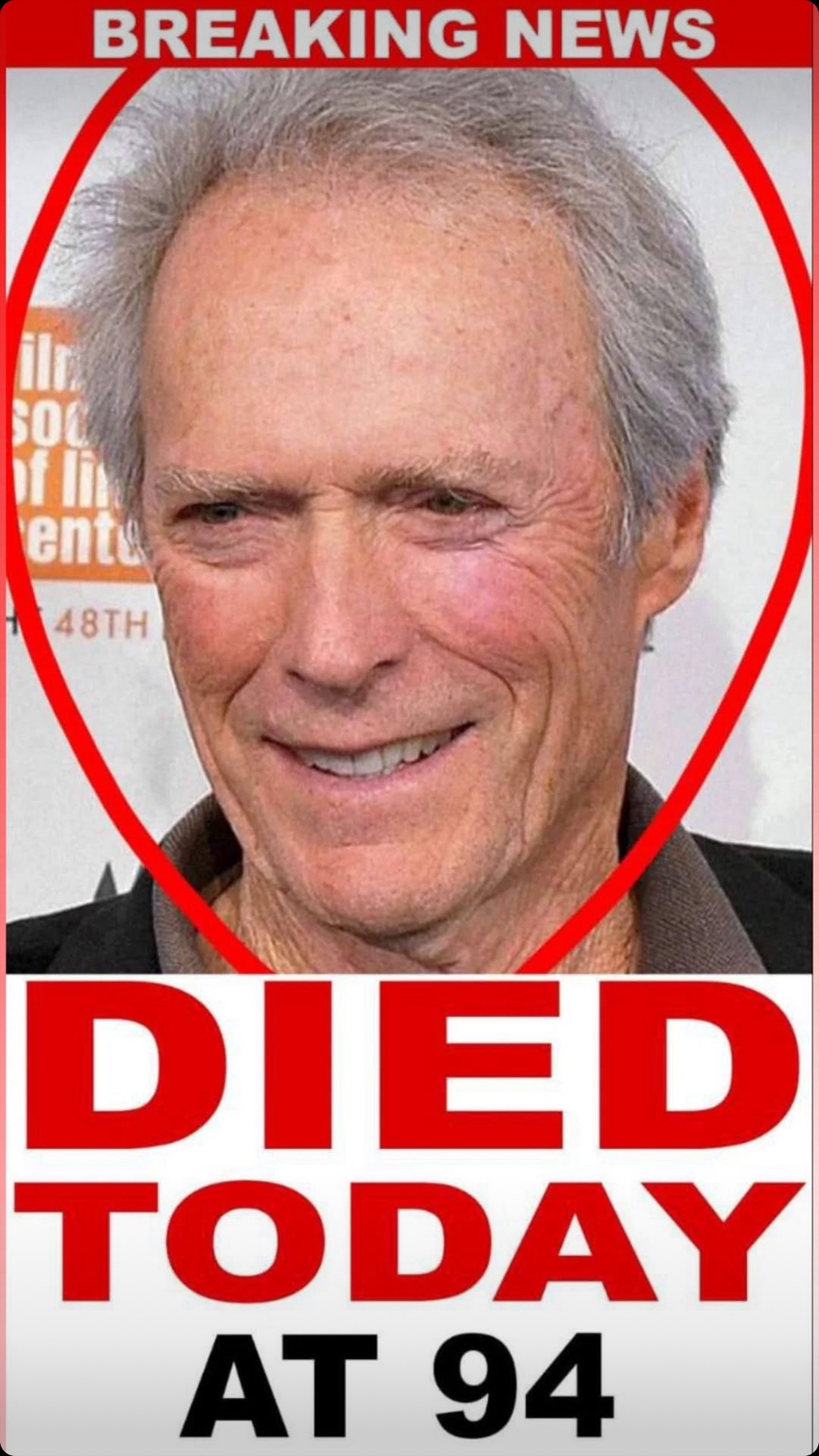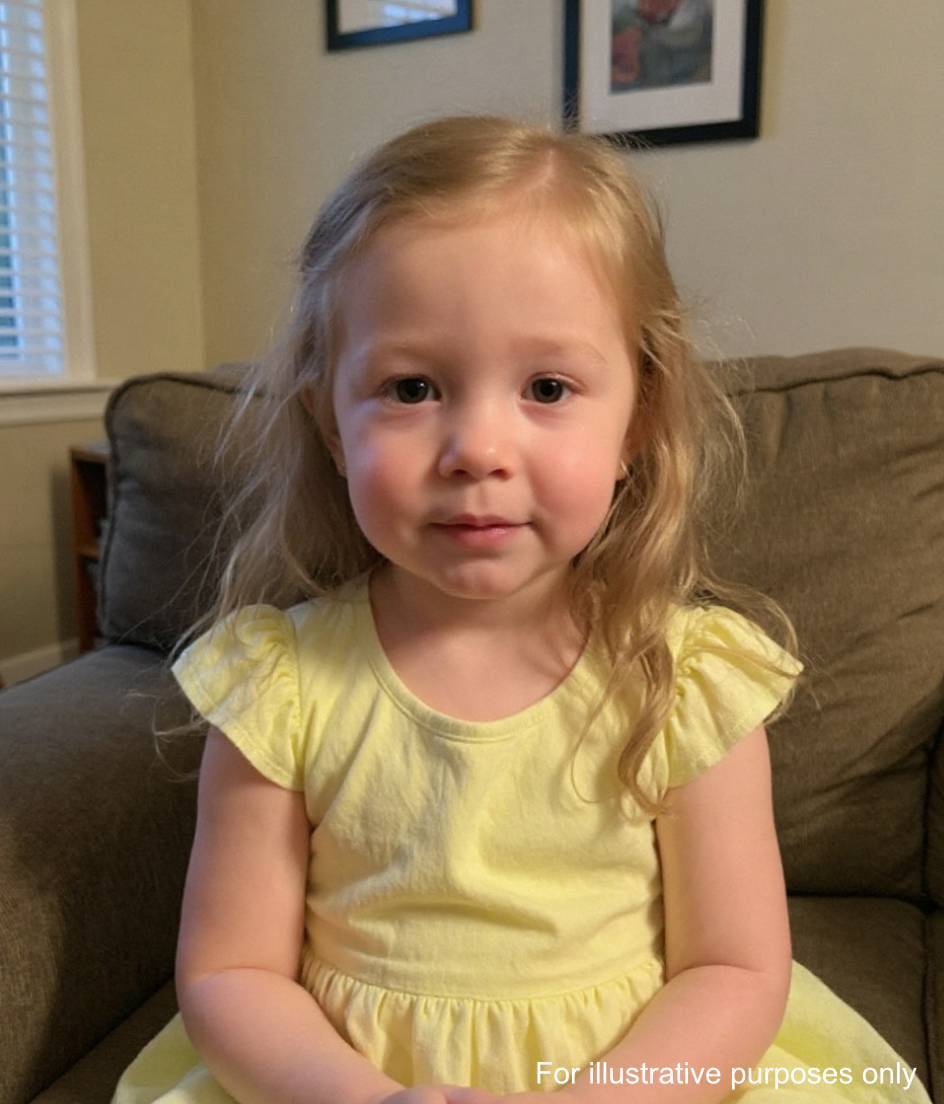At 94 years old, Clint Eastwood remains one of the most enduring figures in American cinema—a man whose career has defined grit, resilience, and the timeless power of storytelling. For more than six decades, Eastwood has stood at the center of Hollywood history, shaping not only the Western and crime genres but also the way American audiences grapple with questions of justice, morality, and redemption. Now, with his latest project, Juror No. 2, widely believed to be his final film, fans and critics alike are reflecting on a remarkable journey that has few equals.
Eastwood first captured the public imagination in the 1960s as the mysterious “Man with No Name” in Sergio Leone’s Dollars Trilogy. Those films—A Fistful of Dollars, For a Few Dollars More, and The Good, the Bad and the Ugly—redefined the Western, injecting a new kind of cool, gritty anti-hero into the American consciousness. With a steely gaze, laconic delivery, and presence that filled the screen without excess dialogue, Eastwood became the embodiment of frontier toughness. He was a gunslinger audiences couldn’t forget, and the roles cemented his status as an international star.
From there, he reinvented himself yet again in the 1970s with “Dirty Harry” Callahan, the hard-edged San Francisco cop whose no-nonsense approach made him a cultural lightning rod. The iconic line—“Do you feel lucky, punk?”—came to symbolize a law-and-order ethos during an era of crime, political turmoil, and shifting social values. Through Harry, Eastwood captured the anxieties of a nation torn between chaos and control. The role made him not just a movie star but a cultural symbol.
But what truly distinguished Eastwood from many of his contemporaries was his refusal to stay boxed into one identity. Where other stars clung to their defining roles, Eastwood evolved. He moved behind the camera, proving he was not only an actor but a director with an unshakable vision. His style was as distinctive as his on-screen persona: lean storytelling, emotionally grounded performances, and a focus on the moral complexities of life.
The turning point came in 1992 with Unforgiven, a revisionist Western that stripped away the glamour of the genre and forced audiences to confront the violence and consequences beneath the myths. The film won four Academy Awards, including Best Picture and Best Director, and transformed Eastwood from an actor with a cult following into one of the most respected filmmakers of his generation. Critics hailed it as a masterpiece, a film that deconstructed the very archetype Eastwood had built his career on.
Over the next two decades, he continued to deliver films that combined artistic ambition with mass appeal. Mystic River (2003) explored the long shadows of childhood trauma. Million Dollar Baby (2004), a searing story of resilience and loss, won four Oscars, including another Best Director win. Letters from Iwo Jima (2006) gave voice to the Japanese perspective of World War II, showing his rare willingness to cross cultural boundaries in search of human truth. And in Gran Torino (2008), Eastwood returned to acting to embody a grizzled veteran confronting his own prejudices and mortality, a role that resonated deeply with audiences.
Even as he aged, Eastwood’s pace hardly slowed. American Sniper (2014) became a box-office phenomenon and stirred national debate about war and sacrifice. The Mule (2018) offered a self-reflective performance as an elderly man caught up in drug smuggling, while Cry Macho (2021) reminded viewers of his uncanny ability to portray vulnerability beneath toughness. Each film carried echoes of the themes that defined his career: morality, redemption, aging, and the cost of choices.
Now, as word spreads that Juror No. 2 may be his swan song, there is both excitement and melancholy in the air. The film’s premise is gripping: a juror in a murder trial begins to suspect he may have been connected to the victim’s death. Torn between confessing his guilt and manipulating the trial to save himself, he faces a moral dilemma that cuts to the heart of conscience and truth. For Eastwood, a filmmaker who has always examined the gray spaces of human behavior, it is a fitting final act.
Industry insiders have long spoken of Eastwood’s unique directing style. His sets are famously quiet, his schedules efficient. Unlike the chaotic energy of most Hollywood productions, Eastwood prefers calm, trusting his actors to inhabit their roles without micromanagement. Many performers credit him with coaxing out some of their finest work. It is a method that mirrors his own screen presence: understated, steady, never showy, yet deeply effective.
The possibility that Juror No. 2 could be his last film has sparked tributes from across the entertainment world. Fellow directors have called him one of the last true craftsmen, an artist who has kept alive the tradition of classical storytelling while continually finding new relevance. Younger actors, some of whom grew up watching his films, express gratitude for the example he set: that longevity in Hollywood comes not from spectacle alone but from discipline, authenticity, and a willingness to evolve.
For audiences, the moment is bittersweet. Clint Eastwood has become more than just a star; he is a symbol of endurance, of an American archetype—self-reliant, stoic, flawed, yet searching for meaning. His films have often forced viewers to confront uncomfortable truths: the violence beneath heroism, the cost of vengeance, the fragility of human life. In many ways, he has always been less interested in answers than in questions. What is justice? What is redemption? What do we owe to others, and what do we owe to ourselves?
At 94, Eastwood has nothing left to prove. His body of work speaks for itself: dozens of films, countless memorable performances, and stories that will endure long after he is gone. Yet his decision to continue creating into his tenth decade is a testament to passion. For him, cinema has never been just a career—it has been a lifelong pursuit, a way of engaging with the world, of asking and re-asking the most important questions about life.
If Juror No. 2 does become his final film, it will stand as a poetic closing chapter to an unparalleled career. A courtroom thriller about guilt, truth, and moral responsibility feels almost designed as a farewell note from a man who has spent his life telling stories about the cost of choices. It may be the last time we see his name in lights, but it will not be the last time we feel his influence.
Clint Eastwood’s legacy is not just that he made great movies, though he surely did. It is that he embodied the possibility of reinvention, the courage to evolve, and the discipline to keep creating even when the world might have told him to stop. At 94, he remains a testament to the power of passion and perseverance. Whether as the lone gunslinger, the uncompromising cop, or the masterful director, Eastwood has never stopped challenging us to look deeper into ourselves.
And that may be his greatest gift.




